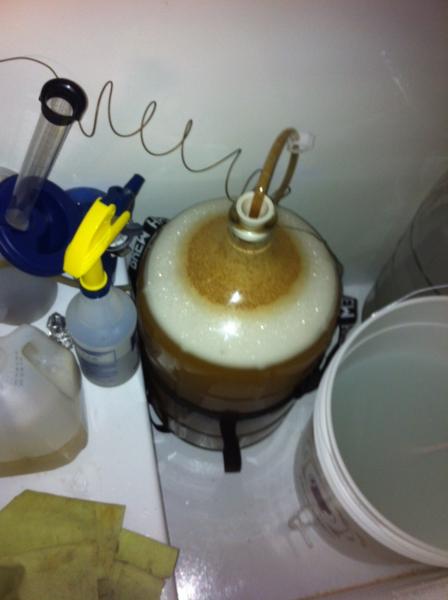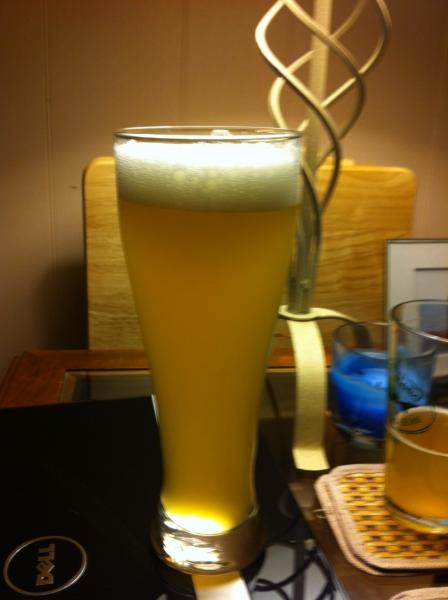b33rmug
Active Member
So I made a couple extract batches and decided I wanted to go all-grain. I have access to a plasma cutter and tig, so I made a keggle. I then bought a 10 gallon all grain tun and hlt. I bought a CL freezer and temp controller to control fermentation. I also built 50' IC. So I have a decent starting setup
I now have 2 batches under my belt on this equipment. I am having a hard time figuring out how to dial in Brewsmith for my equipment. I don't think I'm gathering enough data. I guess I have a couple questions.
What measurements are most important to adjust? Tun dead space? Post mash volumes? Boil off?
Both coolers have marks in them to show me water volumes, but I don't really have a way to determine pre boil or post boil volume. I have both times seemed to have way more wort than needed. I almost filled a 6.5g carboy all the way up.
Any thoughts on where I should start to dial all this in? I really would like to figure out how to tune the volumes and efficiency numbers.
I attached the pic of the tasty Hefe and the "full" carboy. Is that too full?
Thanks,
-Eric


I now have 2 batches under my belt on this equipment. I am having a hard time figuring out how to dial in Brewsmith for my equipment. I don't think I'm gathering enough data. I guess I have a couple questions.
What measurements are most important to adjust? Tun dead space? Post mash volumes? Boil off?
Both coolers have marks in them to show me water volumes, but I don't really have a way to determine pre boil or post boil volume. I have both times seemed to have way more wort than needed. I almost filled a 6.5g carboy all the way up.
Any thoughts on where I should start to dial all this in? I really would like to figure out how to tune the volumes and efficiency numbers.
I attached the pic of the tasty Hefe and the "full" carboy. Is that too full?
Thanks,
-Eric




